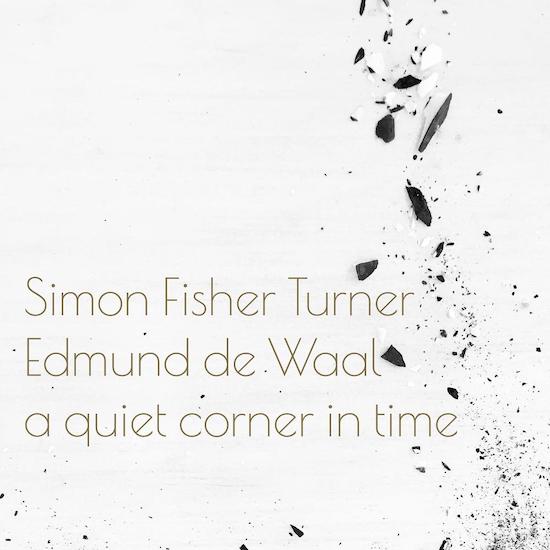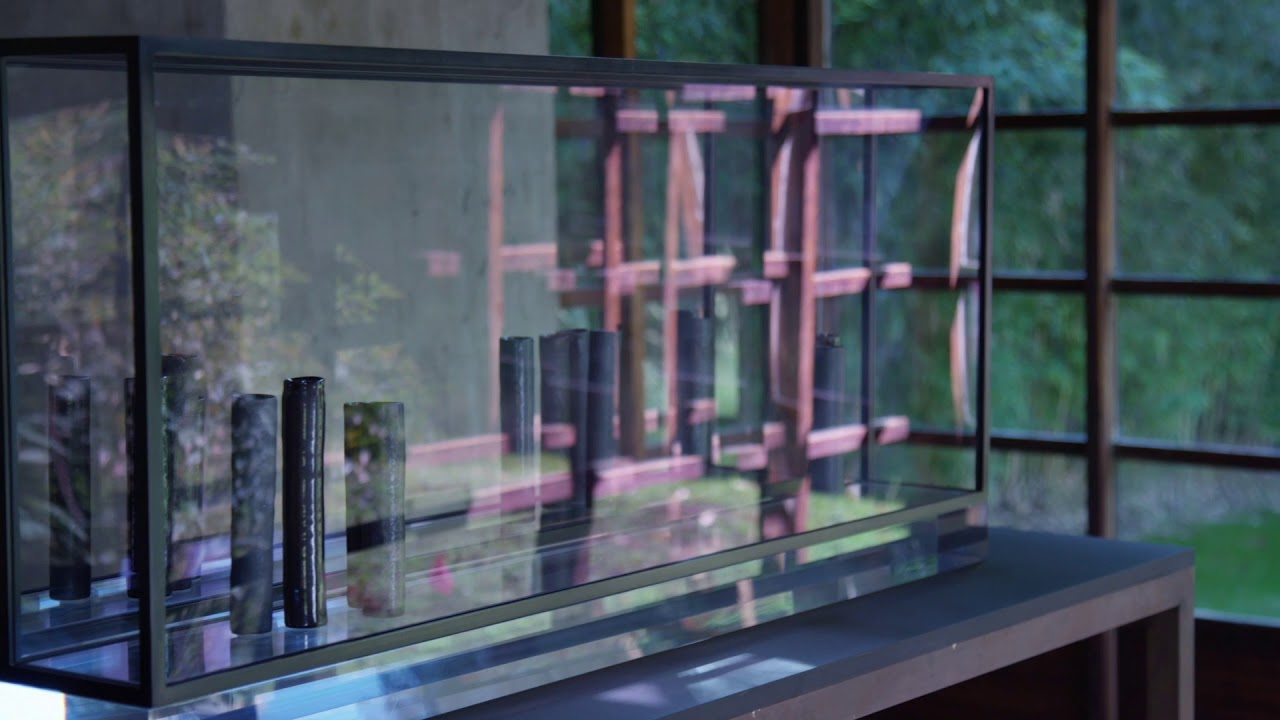Ironically the first sounds you hear in A Quiet Corner in Time are the loud creaking doors of the Austrian Museum of Fine Arts. The suddenness of the noise puts your senses on-edge like a grazing deer trying to discern the direction of a predator. It’s that kind of hypersensitivity that is key to discerning and appreciating both the fine-spun and more clamorous field recordings that form the heart and soul of the record. The footsteps of de Waal and the chatter of people follow the slamming of doors, but the fact of the matter is that the only humans in the Museum these days are the lonely canvases of sixteenth century art staring vacantly into the abyss. Taking recent escalations in the response to Covid-19, the title of the record and the last track ‘You Don’t Have to Go Anywhere’ into account, it all suddenly becomes eerily prophetic.
From the beginning to the end, the attention is all in the detail. Turner effortlessly blends the sounds of everyday objects, scenarios and textures into cavernous drone compositions and oceanic rumblings, tectonic and chillingly elemental in their mood and fluidity. He synthesizes the physicality of de Waal’s porcelain into an aural ambiguity that attempts in creating a minor kind of aural-visual synaesthesia. In ‘The Children Will Have to Stop’, the shattering of ceramics is manipulated until it sounds like diamond droplets clanking and in ‘We Begin To Be Certain’, ice skating sounds like semi-frozen water gushing into a copper sink. The clash between the passing airplane, the porcelain shards and horses’ hooves in the title track hints at a possible antagonism between nature and man, an annexing of natural territories. The lacerations toward the end sound as if the music itself is a fabric being torn up. At times the field recordings are so unrecognisable from their original state you could easily mistake them as a product of synth sorcery.
The provocative and unedited life-sounds, like the out of tune keys of an unprepared piano on ‘Right Side Up Or Upside Down’ or the iron doors in ‘The Museums With Long Halls’ never feel out of place. Like the more subtle sounds they form part of a gradient they slowly merges into the ambience and then dissipates. They play their part, add their dramatic moment to the sound-theatre then disappear. Artists have been known to capture sounds with an inherent musicality when looking for solid field recordings, things like birdsong, swarms of insects and waves. While the record does have some natural sounds, it is the beauty of the man-made that is given the most attention here: in the interiors of buildings, street sounds, mallet hits on iron, trams and the destruction of ceramics. And there is beauty in that smashing and crashing, scraping and ringing.
Experiencing the album through headphones is to catch glimpses of a world unravelling, a world lost in itself. The record is both a creative multi-disciplinary collaboration, and considering the unpredictability of the times, an inadvertent act of cultural preservation. I warn you though, if you are unhealthily extroverted, the record in tandem with the quarantine may very well drive you insane. It you are basking in the solitude then it will open up a new Ricky Fitts-style lens at perceiving the ambient commuter static you may have easily overlooked in your former nine-to-five. Everyday things that get lost in the rush of modern life become pronounced, almost poetic in their transience and fragility. In the sound of the kettle or the speed of a train racing past you can suddenly see pattern and rhythm. In A Quiet Corner in Time, Simon Fisher Turner and Edmund de Waal bring the background noise of everyday life to the forefront and in doing so, sanctify the mundane.



